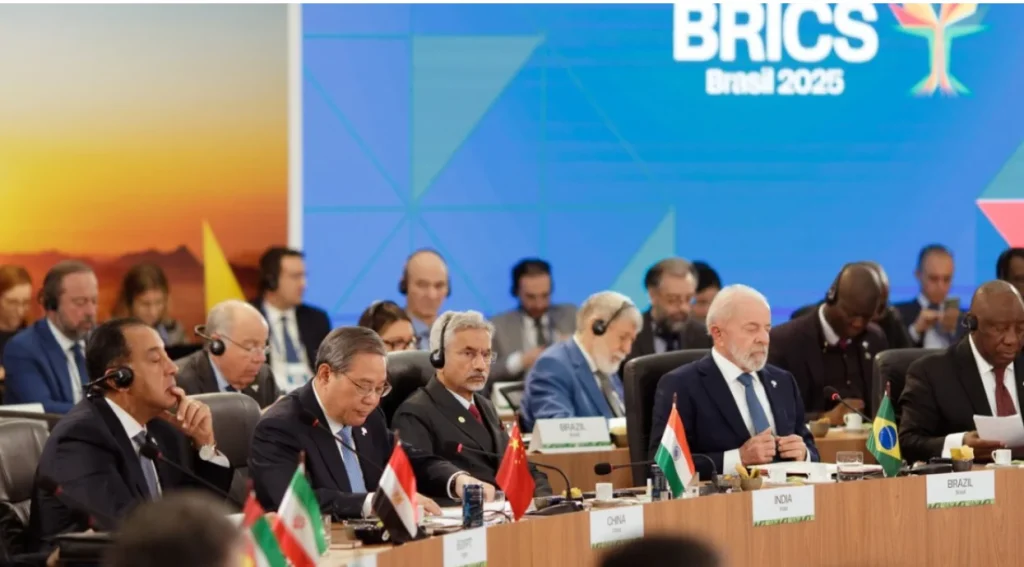A Seat at the Table: BRICS Advocates for Africa-Centred AI Future in Global Governance Push
In a powerful move to reshape global artificial intelligence (AI) governance, the BRICS alliance—now including South Africa, Egypt, and Ethiopia alongside Brazil, Russia, India, and China—has issued a joint declaration championing a more inclusive, equitable, and development-focused AI future with Africa at its core.
The BRICS Leaders’ Statement on the Global Governance of Artificial Intelligence lays out a comprehensive roadmap to democratize AI, strengthen digital sovereignty, and close the global tech divide—especially for nations in the Global South.
Africa at the Heart of AI Development
A central focus of the declaration is Africa’s digital transformation. The BRICS bloc urges:
- Increased investment in African AI research, infrastructure, and talent
- Support for open-source AI platforms to foster local innovation
- Multilateral development banks to prioritize AI capacity-building in developing countries
“Digital government services based on public infrastructure can act as catalysts for inclusion in the digital economy,” the statement reads, emphasizing African-led tech innovation.
Key sectors highlighted include healthcare, education, energy, and agriculture, where AI can be used to address long-standing development challenges and enhance resilience.
Critique of Current Global AI Governance
The BRICS declaration warns that existing international AI governance frameworks are fragmented and inequitable, risking deeper global divides.
The bloc calls on the United Nations to act as the central platform for global AI standards, ensuring an inclusive, consensus-driven approach that respects the needs of emerging markets.
“All countries, irrespective of their stage of development, must have the right to benefit from, develop, and use AI,” the BRICS leaders affirmed.
Key BRICS Proposals for a Balanced AI Ecosystem
- Digital Sovereignty
- Nations should define their own AI governance models
- Emphasis on data protection, security, and user safety
- Open Access & Open Source
- Promotion of resource-efficient, open-source AI models
- Designed to lower barriers for smaller economies
- Bias Mitigation
- Global commitment to eliminating algorithmic discrimination
- Focus on protecting marginalized and underrepresented groups
- Sustainability
- AI development must be environmentally responsible
- Encourages innovation that supports climate resilience
- Workforce Protection
- Calls for responsible AI deployment that improves productivity
- Ensures that labour rights and economic inclusion are not compromised
Toward a Shared Future: Global Collaboration Invited
The BRICS countries committed to promoting their AI governance principles across international platforms and invited other nations to collaborate.
The statement closes with a call for a “proactive, common position” on AI governance that prioritizes meaningful participation from Africa and other developing regions.
Reframing the Global AI Narrative
As the global AI arms race accelerates, BRICS is positioning its vision as a development-first alternative—one that treats AI not as the sole domain of advanced economies, but as a catalyst for inclusive growth and shared prosperity.
By placing Africa at the centre, BRICS is not just pushing for representation—it is advocating for a fundamentally fairer and more balanced digital future.












